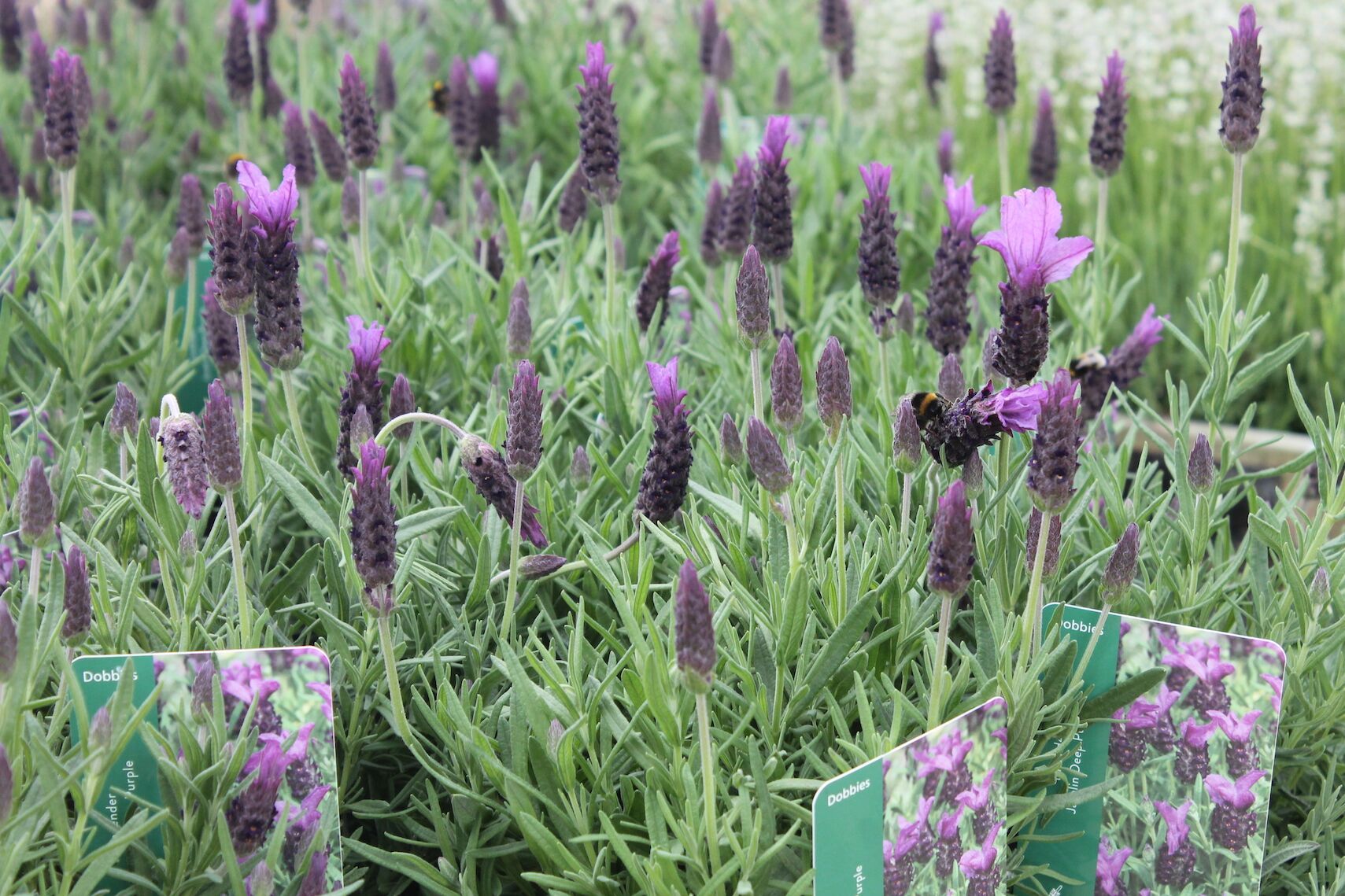The UK has to withdraw its additional import requirements for the most important Xylella host plants, as of 20 June. The European Commission has made this decision.
The decision means that trading of Lavandula (all species), Nerium oleander, Rosmarinus officinalis, Coffea, Olea europaea, Polygala myrtifolia and Prunus dulcis will be possible again to the UK, the Dutch phytosanitary authority, the Netherlands Food and Consumer Product Safety Authority (NVWA) reports. In addition, the trading of plane trees is also possible again, because the UK has to withdraw additional requirements for Platanus due to Ceratocystis platani.
As of 20 June, EU plant passports don’t need PZ codes (Protected Zone) anymore, for the mentioned species and for the UK.
’Additional requirements undermine EU plant passport’
According to the European Commission, the additional UK requirements do not fit within the EU Plant Health Regulation (read our previous article what’s behind all this). The UK still has to comply with this until the end of this year. December 2019, the regulation came into force. According to the European Commission, additional requirements or measures must not occur in the EU trade of plant material. ’This creates a bad precedent and undermines the value and purpose of the EU plant passport.’
The UK hasn’t responded yet to the European decision. Traders can appeal to this decision in case they should encounter problems in their export to the UK, says the NVWA.

Photo by Arno Engels




